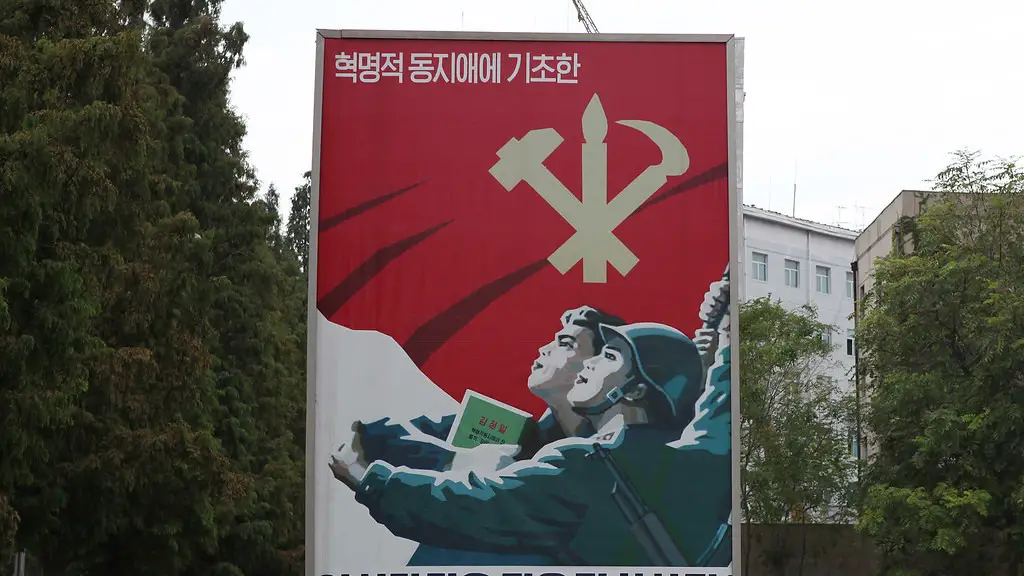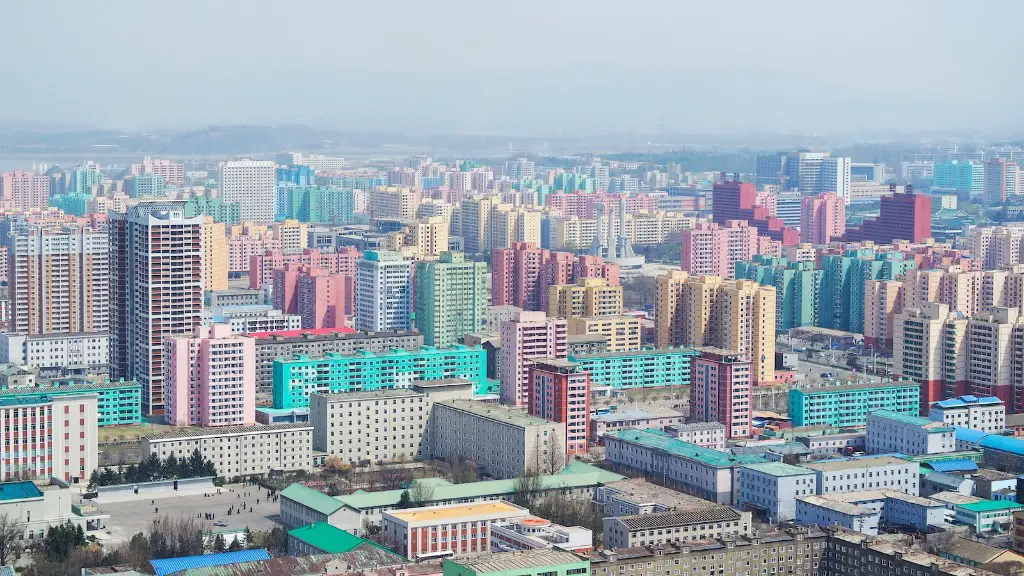History
North Korea has always been an isolated and secretive nation, dating as far back as the Korean Peninsula’s division into North and South in 1945 at the end of the Second World War. As it stands now, citizens of North Korea have no access to the internet and limited access to outside information. The state restricts communication with the outside world, including from international journalists and academics. Even within its own borders, the regime monitors and limits its citizens’ access to any information that might make them question the state’s political narrative.
North Korea is rule by the Kim family dictatorship, which has managed to remain in power for over 70 years. The late Kim Jong-Il took power in 1994, and upon his death in 2011, his son Kim Jong-Un assumed the role of supreme leader. Kim Jong-Un has dealt with growing international scrutiny, as well as criticism from sources including the United Nations and the US. The regime has always sought to control information and retain its power through propaganda and increasingly severe restrictions on foreign visitors.
Effects Of Secrecy
The secretive policies of the North Korean regime have had devastating effects on the country and its people. The Human Rights Watch has reported dismal living conditions for many citizens, with food insecurity and malnutrition being widespread problems. North Korean citizens often lack the means to access proper health care and educational opportunities.
North Korea’s lack of transparency has also resulted in serious human rights abuses. Since the regime exercises absolute control over the country’s media, freedom of expression and civil liberties are virtually non-existent. North Koreans are arrested and imprisoned without trial, and they are severely punished for speaking out against the regime.
Why North Korea Is Secretive
At the heart of North Korea’s secrecy is its fear of foreign invasion and its determination to stay in power. The regime has been attempting to maintain the narrative of its invincibility by keeping its citizens in the dark about information that might challenge this narrative.
In addition to maintaining a powerful facade, the regime has also attempted to protect itself from economic sanctions imposed by the international community. International sanctions have caused shortages of food, fuel, and other basic supplies within the country, and the regime has sought to minimise the impact of these sanctions on its citizens by keeping them in the dark about their effects and the source of the sanctions.
Fear of foreign influence also plays a role in North Korea’s secrecy. The regime has long feared that foreign information, such as media and outside ideas, will weaken its control over its citizens. To prevent this, North Koreans are completely cut off from the outside world, and the regime monitors and controls all communication within the country.
Tracking & Surveillance
The regime engages in a wide range of surveillance and tracking activities to ensure that its citizens remain unaware of what is happening in the outside world. To ensure that communications are kept to a minimum, North Korean phones are fitted with tracking devices, while all other forms of communication are strictly monitored.
The regime also has access to sophisticated tracking and surveillance technology, which allows it to track its citizens’ movements and communications. This technology is used to monitor and collect data from citizens, including phone calls and texts, and is used to identify and punish anyone deemed to be a threat to the regime.
North Korea’s Nuclear Weapons Program
North Korea is one of the few nations to possess nuclear weapons and is believed to have over 100 nuclear warheads. The regime’s nuclear program is believed to be its primary focus, and its secrecy has been essential in developing and deploying these weapons.
North Korea’s nuclear weapons program has resulted in international condemnation, with the UN Security Council imposing a wide range of sanctions on the country. The regime’s secrecy has allowed it to bypass some of these sanctions, with some experts believing that the regime has developed its nuclear weapons in part through the illicit procurement of materials from other countries.
North Korea’s Human Rights Record
North Korea’s secrecy has enabled the regime to carry out a wide range of human rights abuses with little international scrutiny. The regime has been accused of torture, kidnapping, and forced labor, and although the UN has attempted to investigate some of these allegations, the North Korean government has blocked access to the country by investigators.
The regime’s opacity has also enabled it to evade accountability for its violation of human rights on the international stage. North Korea is one of the few countries not to have signed the International Covenant on Civil and Political Rights, and its stance on human rights has not changed significantly since its signing of an International Convention on the Elimination of All Forms of Discrimination Against Women in 1985.
North Korea’s Propaganda
North Korea’s secrecy and its tight grasp on communication have enabled the regime to spread its propaganda unchecked. The regime’s media outlets and state-run television broadcasts are filled with messages of loyalty and praise for the leadership, and the regime relies on such propaganda to control its population.
The regime has also worked to control information within the country through state-controlled media, and its messages are designed to manipulate and influence citizens’ opinions. People are discouraged from questioning the regime’s narrative, and severe punishments are in place for anyone who does.
Change & International Pressure
Although there have been some efforts to open up North Korea to the international community, progress has been slow. Recently, the regime has made some moves towards economic liberalisation, and a limited number of citizens have been allowed to travel overseas.
International pressure has also resulted in some limited change, with a UN-led human rights inquiry making progress in investigating human rights abuses in the country. Despite this, criticism from international bodies and human rights organisations is still rife, with many arguing that the regime still has a long way to go in addressing human rights violations.
Targeted Sanctions
The international community has responded to North Korea’s secrecy and human rights violations with targeted sanctions. Targeted sanctions are used in an attempt to put pressure on the regime, and the UN and other international bodies have imposed a wide range of sanctions to try and bring change.
These sanctions are aimed at key individuals within the regime, as well as at companies, banks and individuals that are believed to be providing the regime with resources, such as money and materials. Although the full effects of these sanctions are difficult to gauge, there are signs that the regime has been feeling the pressure, with some reports suggesting that the sanctions have had a significant impact.
Conclusion
North Korea’s secrecy is deeply ingrained in the regime’s authoritarianism and its strategy for remaining in power. The regime has managed to stay in power through its tight control over information and its manipulation of its citizens through propaganda. The regime’s secrecy has enabled it to carry out serious human rights violations with little international scrutiny, and the international community has responded with targeted sanctions. Nevertheless, the regime’s grip over its citizens remains strong, and any real change will require sustained pressure from both inside and outside the country.


